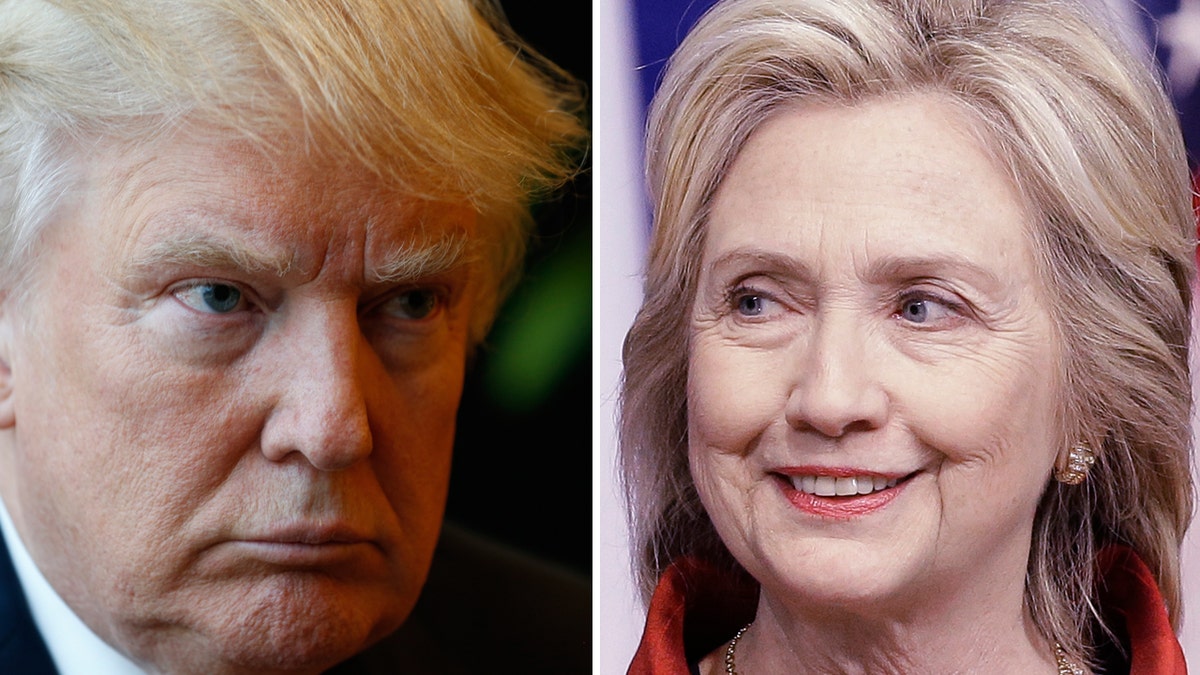
ROME – Anyone spending this election season in the Eternal City, as I am doing, is bound sooner or later to think about the Colosseum. After all, we Americans have one candidate running for Empress and another running for Gladiator. Can’t we feed them both to the lions? That’s what many voters wish.
Just as in the ancient arena so today the line between entertainment and politics has disappeared and both have become blood sports. Somewhere between the orgy of attention to sex and corruption and the spectacle of the debates a sinking feeling has set in: America is Rome 2.0, in decline and headed for a fall.
Just think about what Rome had and what we have. Morals out of a bacchanalia? Check. Abuse of public office for private purposes? Check. Bread (welfare) and circuses (reality TV) for the masses? Check. Oh the times, oh the customs! Where is Cicero when we need him?
And yet a little perspective is in order. Ever since the founding of the Republic Americans have compared themselves to Rome. But it was often to an idealized version of Rome, all marble statues and high-flown rhetoric, never mind the tenements or the slaves. It came as close to the ancient reality as frozen pizza does to the hot and passionate platter from the wood-burning ovens of Naples (Italy, that is, not Florida).
The barbarians are not at the gate. Whoever wins the election, the country will go on to debate its differences peacefully and politically. The loser will get a TV show or a foundation and the winner is likely to face a Congress reawakened to the exercise of its powers.
America is America. We intellectuals worry too much. Besides, we can't be Rome because in Rome women, not men, had big hair and office-seekers burned incriminating letters before others could read them.
But seriously, just because we have two flawed candidates running for president it doesn't mean that we’ve reached the end of the line.
Unlike the Roman Republic, we are not faced with a choice between Pompey and Caesar. Those two towering egotists – well, alright, we do have that in common with Rome – squared off in the middle of the first century B.C. to hijack the republic for themselves. Their bitter conflict caused a civil war that destroyed them both.
Then came another clash of titans, this time Mark Antony versus Octavian. Octavian won and restored peace to Rome, but only at the price of turning the republic into an empire. He became the first emperor and changed his name to Augustus.
We are nowhere near that point. The barbarians are not at the gate. Whoever wins the election, the country will go on to debate its differences peacefully and politically. The loser will get a TV show or a foundation and the winner is likely to face a Congress reawakened to the exercise of its powers. And before you know it, we’ll be handicapping the midterm elections of 2018.
There is, however, one way in which the United States is like Rome and that is, we are a country in translation. Immigration has changed who Americans are. Digitalization has changed how we communicate. Robots will soon change how we work. In short we are living through a series of revolutions that will transform America no less thoroughly than Greek intellectuals and German warriors transformed ancient Rome.
We cannot stop these changes any more than the Romans could stop the changes in their world. We can and will disagree about how to respond to them. Indeed, debating that response is the Number One task facing our society.
One thing is for sure, though, and it’s that we need to do more than simply cling to the past. We need to learn from it and then make our own future.
So, relax, America. We’re having a bad election and we’re making a spectacle of ourselves before the world. The world is a lot less than puritanical than we are anyhow.
Romans hated losing their empire but, you know what? La dolce vita is a nice consolation prize.
